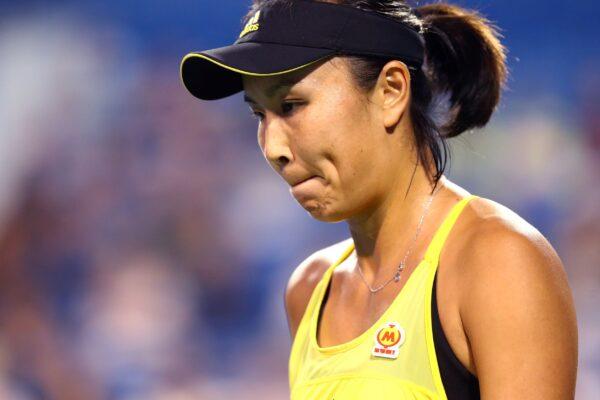Olympic officials appear to have secured the first chance to reach the disappeared Chinese tennis star Peng Shuai, as sports officials outside of China were eager to hear directly from the player.
The 30-minute video call was held by IOC President Thomas Bach, and joined by athletes’ commission chair Emma Terho and IOC Member in China Li Lingwei. It comes after the three-time Olympian disappeared from public view for nearly 20 days after a now deleted post appeared on her Weibo account earlier this month, accusing a former leading Chinese Communist Party (CCP) official of sexual assault.
Until now, efforts from those outside of China to contact former doubles world number one via various methods have led nowhere.
According to the Switzerland-based Olympic body, Peng “thanked the IOC for its concern about her well-being.”
“She explained that she is safe and well, living at her home in Beijing, but would like to have her privacy respected at this time. That is why she prefers to spend her time with friends and family right now,” the statement said.
“I couldn’t describe how disgusted I was ... I feel like a walking corpse,” Peng seems to have written on her verified Weibo account.

The apparent reappearance of Peng adds to a growing number of Chinese businesspeople, activists, and ordinary citizens who have disappeared in recent years after criticizing party figures, or in crackdowns on corruption, or pro-democracy and labor rights campaigns.
Some reemerge weeks or months later without explanation, suggesting that they are warned not to disclose what happened to them during their period of silence.
The CCP has given no indication whether it is investigating Peng’s accusation against Gao, who left the CCP’s ruling Standing Committee in 2018 and has largely disappeared from public life. Appeals in China often face imprisonment and other penalties for embarrassing the party by publicizing complaints about abuses instead of going through the secretive, often unresponsive official system.
The IOC said on Nov. 20 that it would continue its “open dialogue on all levels with the Olympic movement in China.”
Asked two weeks ago about human rights in China, senior IOC member Juan Antonio Samaranch said, “We are not discussing with the Chinese government anything” about that subject.




